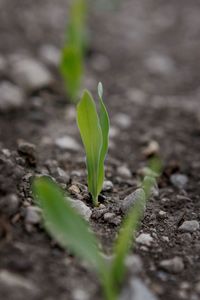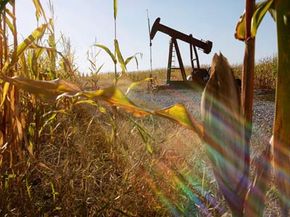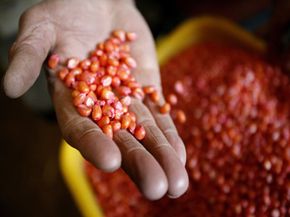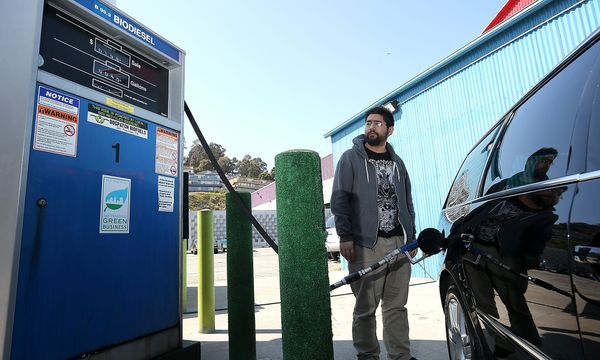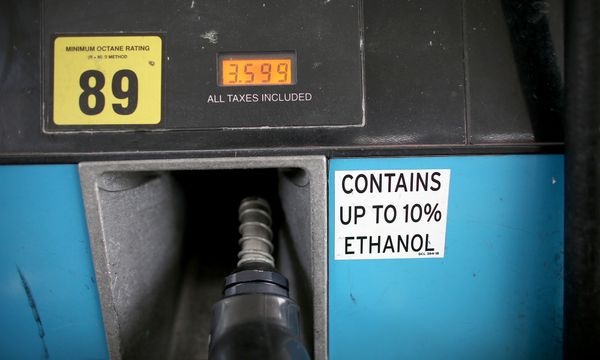In his 1798 Essay on the Principle of Population, English political economist Thomas Robert Malthus concluded that we humans are doomed to endure cycles of innovation, growth and massive famine as we outstrip our available resources. Subsequent economists earned their stripes discrediting his methodology, but numerous localized famines around the world have unfolded, more-or-less validating the patterns Malthus described. Over time, the term "Malthusian Economics" has come to describe any gloomy scenario in which a population exceeds the means to feed them.
Fast forward to modern times. The world finds itself once again in a bit of a Malthusian dilemma, but with a twist: Strong political tensions have arisen as weather extremes of drought and flooding have threatened the harvest of corn -- a critical food staple around the world. With oil prices at spiking and falling almost at will, economic pressure to make ethanol -- a corn-derived alternative fuel for cars and trucks -- has reached record highs.
Advertisement
Anyone who commutes to work or pays attention to the news knows that transportation has become the lifeblood of the modern economy. As a result, demand continues to grow for fuels that can replace or at least supplement the oil used to make gasoline.
Corn, meanwhile, remains one of the most effective and sought-after components in the production of ethanol. Corn is an indispensable raw ingredient for producing numerous foodstuffs that nourish both livestock and people. Of course, this begs the question: What happens to ethanol when there's a lousy corn crop? What happens to hungry people when corn farmers make more money by selling their harvest for ethanol production than they would by selling it for food?
The economics and even the ethics of ethanol have been the subjects of spirited debate, and likely will be for some time. However, we can draw at least a few conclusions about the effects of ethanol in the global marketplace, based on a growing number of studies. This article examines the crucial role that "King Corn" plays as the world weighs its need to feed itself against its need to fuel the demand to replace oil.
Advertisement
